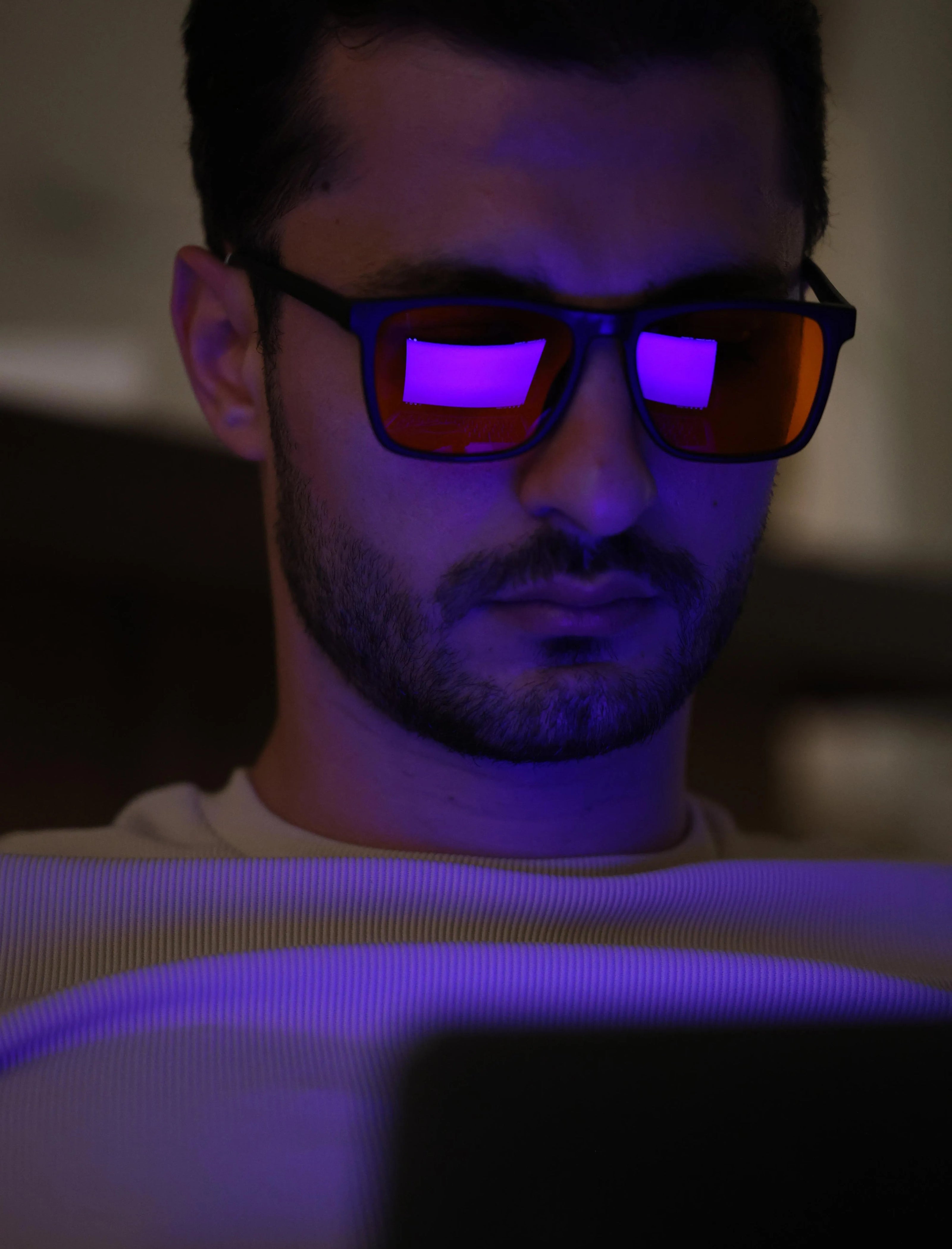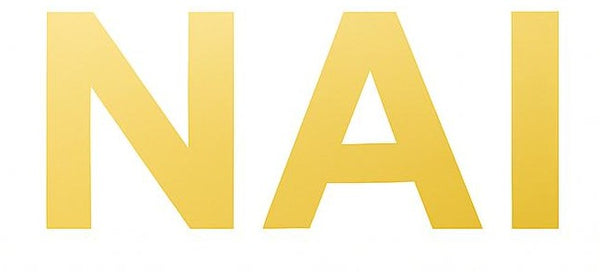Our Origin

Humans have existed and evolved to seeing no light after sunset for 300,000 years, but we have been exposed to artificial blue light for less than 150 years of our existence (0.05% of our evolution), a lot of it being after the sunset, as if the modern world is slowly cooking our circadian biology with unwanted flashes and beams of artificial light, which research has shown to greatly increase mental and physical problems like severe depression, obesity, heart problems, inflammation, and weaker immunity.
After lots of research, scientists learned that at our core, we are what you may call beings of light. Our cells, organs, and tissues (regulating everything from circadian rhythms to hormone production, sleep cycles, and overall health) communicate and are controlled by the light they receive.
And so at Nai, we believe our relationship with light is not something we should take lightly, because in the end it’s beyond just light, it’s beyond limits.
Why Blue Light?
Melatonin is a hormone that signals to our body that it’s time to sleep. Its production is influenced by light exposure, particularly by blue wavelengths. This is due to specialized cells in our eyes called intrinsically photosensitive retinal ganglion cells (ipRGCs), which contain the photopigment melanopsin. Melanopsin is the thing that sends direct messages to the hypothalamus: the control center of our body's clock (the circadian rhythm), our hormones and neurotransmitters, and entire metabolism. It is most sensitive to blue light, especially around 480 nanometers, making this range particularly effective at suppressing melatonin and shifting our circadian rhythms. (BioMed Central)
In simpler terms, our body's entire system of work is affected by the wavelength (color) of light it receives, the shorter wavelengths (blue and some green 450nm-520nm) being for alertness and waking up and the longer wavelengths (orange and red 590nm-750nm) for relaxation and recovery. And so when blue light hits the eyes, it tells your brain that it's time to wake up, which is good in the morning if you've got school or work or a task that needs you to be energized, but definitely not at night when you're supposed to relax and get ready for bed.
The Research
-

How Blue Light Hurts
(Read Here)• “Evening use of light-emitting eReaders negatively affects sleep, circadian timing, and next-morning alertness. Participants using screens at night had delayed melatonin, took longer to fall asleep, and were more tired the next day."
PNAS, 2015


